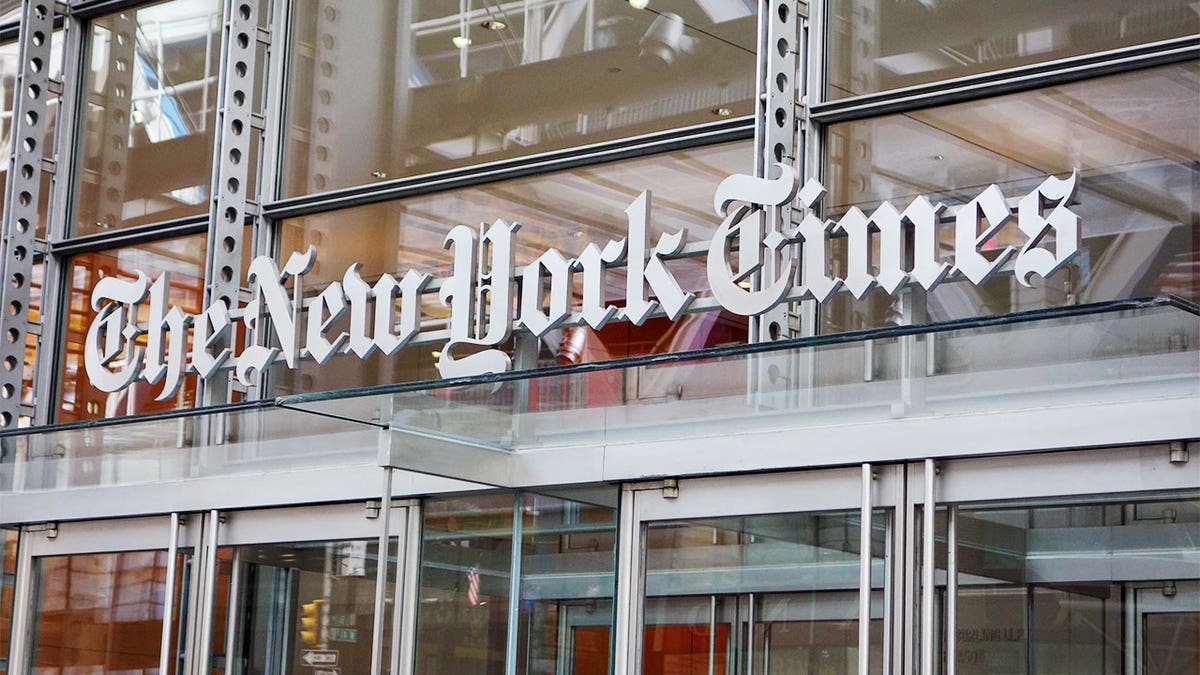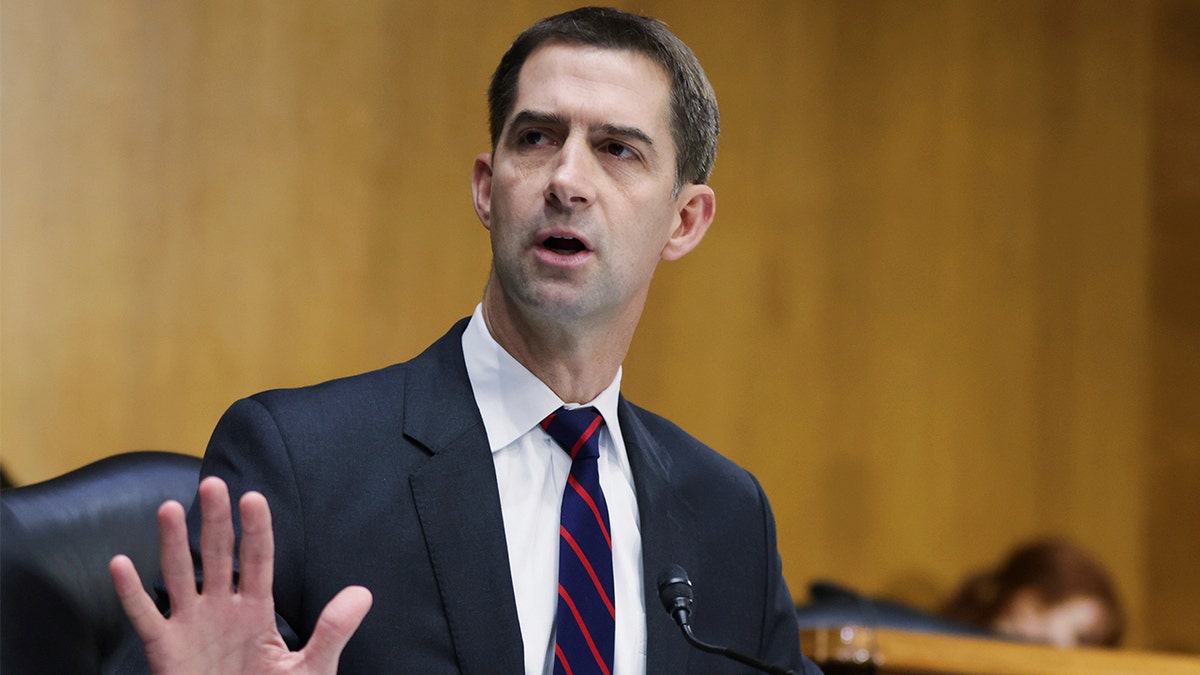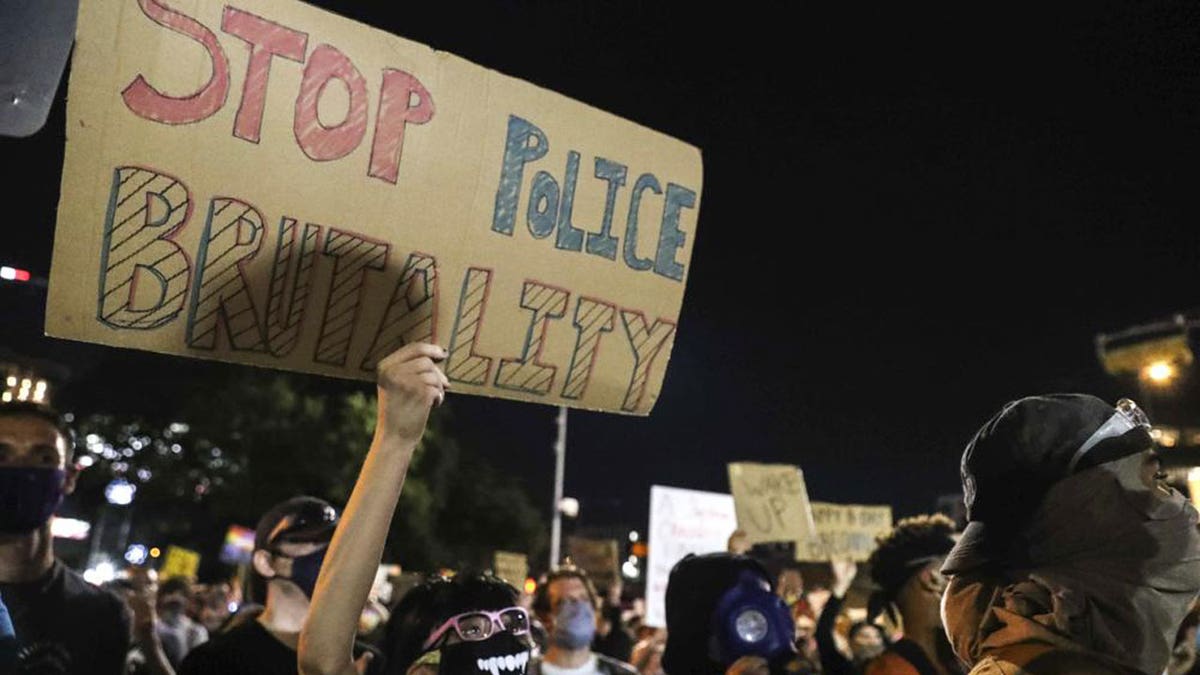Papa John's founder: Cancel culture 'hurts our freedom' as Americans
Papa John's founder John Schnatter talks cancel culture and social media at CPAC 2022.
The New York Times editorial board on Friday slammed cancel culture and the attacks on free speech that have led to Americans being afraid to express their opinions.
"For all the tolerance and enlightenment that modern society claims, Americans are losing hold of a fundamental right as citizens of a free country: the right to speak their minds and voice their opinions in public without fear of being shamed or shunned," the editorial board wrote.
"This social silencing, this depluralizing of America, has been evident for years, but dealing with it stirs yet more fear. It feels like a third rail, dangerous. For a strong nation and open society, that is dangerous," it added.

U.S. District Judge Jed Rakoff sided with The New York Times. (Photo by DON EMMERT/AFP via Getty Images) (DON EMMERT/AFP via Getty Images)
The editorial's arguments, however, run in stark contrast to a previous stance in which The Times caved to liberal staffers over a 2020 op-ed published by Sen. Tom Cotton, R-Ark. Cotton's piece advocated for the use of the U.S. military to restore order amid the nationwide riots following the death of George Floyd.
The Times initially defended the opinion's publication, which some Times journalists claimed endangered Black employees, but later announced that Cotton's submission didn't meet its standards and claimed there was a "significant breakdown" in its editing process.
According to The Times' new free speech editorial:
"In the course of their fight for tolerance, many progressives have become intolerant of those who disagree with them or express other opinions, and take on a kind of self-righteousness and censoriousness that the right long displayed and the left long abhorred. It has made people uncertain about the contours of speech: Many know they shouldn’t utter racist things, but they don’t understand what they can say about race or can say to a person of a different race than they are. Attacking people in the workplace, on campus, on social media and elsewhere who express unpopular views from a place of good faith is the practice of a closed society."
In June 2020, when top leadership at The Times reportedly took turns apologizing to staff who were offended by Cotton's op-ed, Times publisher A.G. Sulzberger even said, "I’m not defending the piece, but I suspect there was a good-faith attempt."

Sen. Tom Cotton, R-Ark., questions Attorney General Merrick Garland during a Senate Judiciary Committee hearing examining the Department of Justice on Capitol Hill in Washington, Wednesday, Oct. 27, 2021. (Tasos Katopodis/Pool via AP) (Tasos Katopodis/Pool via AP)
NEW YORK TIMES FINALLY CONFIRMS HUNTER BIDEN'S LAPTOP AFTER DISMISSING IT AMID 2020 CAMPAIGN
Cotton criticized the liberal paper following its reversal on the op-ed, telling Fox News at the time, "The New York Times editorial page editor and owner defended it in public statements but then they totally surrendered to a woke child mob from their own newsroom that apparently gets triggered if they're presented with any opinion contrary to their own, as opposed to telling the woke children in their newsroom this is the workplace, not a social-justice seminar on campus."
The Times further opined on Friday, "On college campuses and in many workplaces, speech that others find harmful or offensive can result not only in online shaming but also in the loss of livelihood."
Nearly two years ago, Times opinion editor James Bennet was forced to step down from his role after apologizing did not squash the uproar from staff at the company. Times opinion writer and editor Bari Weiss announced her resignation soon after, citing what she described as a toxic workplace culture.

Protesters decry the death of George Floyd, Michael Ramos and police brutality against Black Americans in front of the Austin Police Department headquarters in Austin on June 5, 2020. (Lola Gomez/Austin American-Statesman via AP, File) (Lola Gomez/Austin American-Statesman via AP, File)
CLICK HERE TO GET THE FOX NEWS APP
The editorial went on to cite polling that showed "a crisis of confidence around one of America’s most basic values," with 84 percent of people calling it "a ‘very serious’ or ‘somewhat serious’ problem that some Americans do not speak freely in everyday situations because of fear of retaliation or harsh criticism."
It argued that free speech was "vital to human beings’ search for truth and knowledge about our world" and concluded, "When public discourse in America is narrowed, it becomes harder to answer these and the many other urgent questions we face as a society."











































